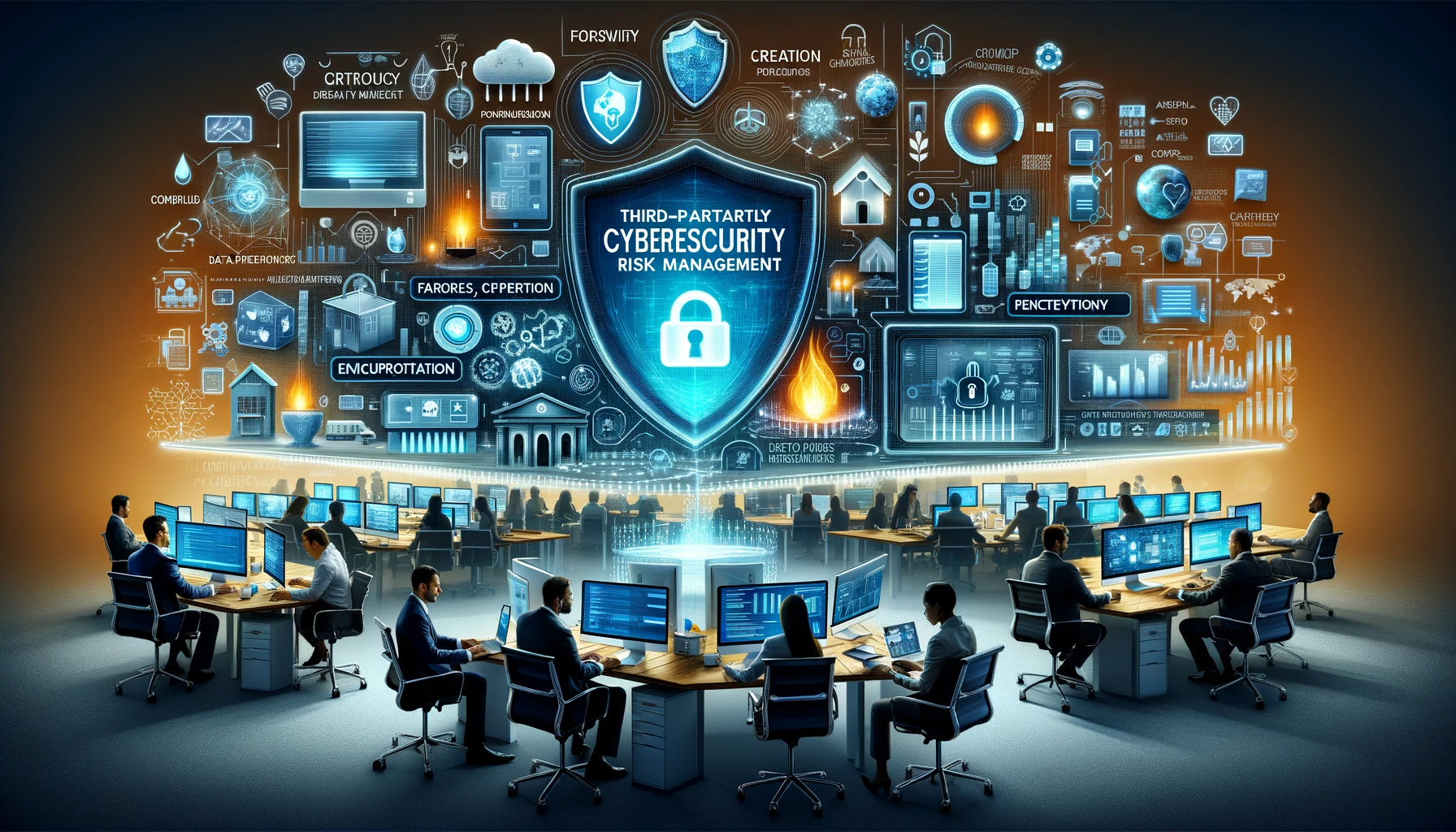Why Government Agencies Need Robust Digital Forensics

In an increasingly digital world, crimes have also found their way into the virtual realm. From cyber-espionage to data theft, the scope and sophistication of digital crimes have expanded exponentially. For government agencies, this presents a significant challenge. How can they effectively investigate and counter such crimes? The answer lies in digital forensics. This article dives deep into the importance of digital forensics for government entities.
Defining Digital Forensics
Digital forensics involves the collection, preservation, examination, and analysis of digital evidence to reconstruct digital events or crimes. It covers various domains, from computer and mobile forensics to network and cloud forensics.
The Importance for Government Agencies
- Evidence Collection and Analysis: Digital forensics provides the tools and methodologies to extract and analyze digital evidence from various sources, which can be crucial in investigations and court proceedings.
- Countering Cyber Threats: Governments are prime targets for cyber-espionage, sabotage, and warfare. Digital forensics aids in understanding the threat landscape, uncovering vulnerabilities, and tracing back to perpetrators.
- Data Breach Analysis: When government databases or systems are compromised, digital forensics can reconstruct the breach’s sequence, identify the exploited vulnerabilities, and offer remediation strategies.
- Insider Threat Management: Not all threats come from the outside. Malicious or negligent insiders can pose significant risks. Digital forensics assists in monitoring, detecting, and investigating such internal threats.
- Regulatory Compliance: Governments often have stringent data protection and cybersecurity regulations. Digital forensics ensures compliance with these regulations by auditing and verifying digital activities.
Challenges in Government Digital Forensics
- Scale: The sheer size and complexity of government networks and databases make digital investigations daunting.
- Advanced Threat Actors: Government entities often face nation-state adversaries equipped with cutting-edge tools and techniques.
- Legal and Ethical Constraints: Government agencies must navigate a minefield of legal and ethical considerations, ensuring that investigations respect privacy rights and due processes.
The Role of Specialist Organizations like MEPS
With their expertise in digital forensics, organizations like MEPS become invaluable allies for government agencies. They offer:
- State-of-the-art Tools: MEPS provides advanced forensic tools and platforms tailored for intricate governmental needs.
- Expertise: With a deep understanding of both the digital landscape and government operations, MEPS ensures investigations are thorough and effective.
- Training: Beyond immediate investigations, MEPS can train government personnel, enhancing in-house forensic capabilities.
Digital forensics is no longer a niche domain but a critical pillar in ensuring the security, integrity, and trustworthiness of government operations in a digital age. As cyber threats evolve, so must the tools and techniques to counter them. By embracing digital forensics, government agencies are not just reacting to the digital challenges of today but proactively safeguarding the digital future.




